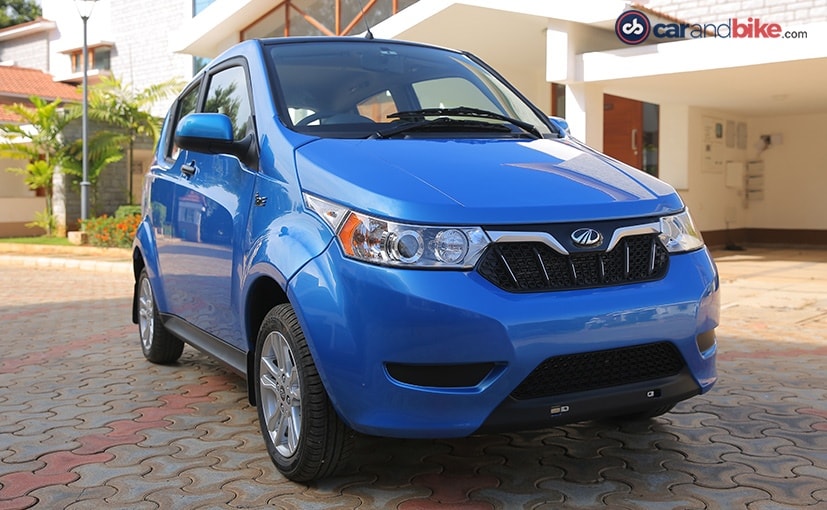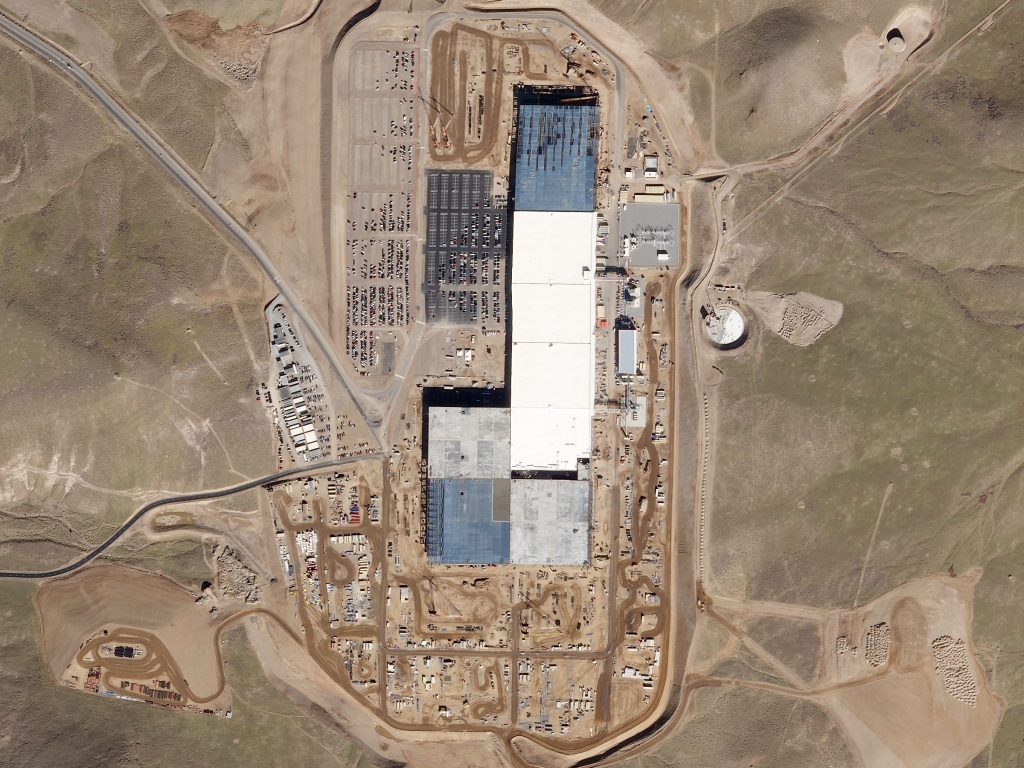
South Korea took action this month to strengthen its grid in preparation for a major boost in renewable energy generation.
At the beginning of the month, the state-owned Korea Electric Power Corporation (Kepco) picked U.S. infrastructure provider GE Power to build a 4-gigawatt high-voltage DC (HVDC) transmission link from the east of the country to the capital, Seoul, in the northwest.
The $320 million contract “will increase the stability and reliability of the Korean electrical transmission grid by adding new routes for power supply,” said GE Power in a press release.
The project will be delivered through KAPES, a joint venture that Kepco set up with GE in 2012 to carry out HVDC and flexible AC transmission system work in South Korea and beyond.
KAPES and GE are due to design and supply a 500-kilovolt HVDC bipole with two converter stations, including valves, cooling, converter transformers, filters, switchyards and control systems. It is GE’s fourth major HVDC contract in South Korea.
In the late 1990s, GE built a 300-megawatt, 101-kilometer (63-mile) point-to-point submarine HVDC interconnection linking South Korea’s Jeju Island with the mainland. In 2009, the company supplied converter stations for a 400-megawatt HVDC scheme.
In 2014, through KAPES, GE built a 1.5-gigawatt, 35-kilometer HVDC connection to transmit energy from South Korea’s coal-fired Dangjin power plant to the city of Pyeongtaek and the Seoul metropolitan area. The project is due to be completed at the end of 2019.
GE said South Korea’s energy demand has grown by almost 35 percent in the last decade.
The latest HVDC project follows the December publication of a power supply plan that will see gas and renewables gradually replacing coal and nuclear in South Korea’s generation mix between 2017 and 2031.
Coal and nuclear account for more than 70 percent of the country’s electricity supply, with renewables making up just 6 percent. Wind and solar each contribute about 1 percent to the power mix today.
Under the new plan, South Korea aims to meet 20 percent of its total electricity consumption with renewable energy resources by 2030, Reuters reported.
The transition will see the coal total falling to deliver 36.1 percent of electricity supply by 2030, and nuclear covering a further 23.9 percent.
“To achieve that goal, Asia’s fourth-largest economy aims to increase its installed capacity of renewable power to 58.5 gigawatts by 2030, from 11.3 gigawatts this year,” said Reuters.
The country plans to add 30.8 gigawatts of solar to its generation portfolio, along with 16.5 gigawatts of wind.
“As South Korea plans to increase the renewable power generation to 20 percent under the 8th National Electricity Plan, the grid infrastructure needs to be upgraded,” said Rishab Shrestha, an analyst at GTM Research.
Large projects, generally not close to load centers, will account for around 60 percent of the capacity expansion plan. “That’s a considerable addition of variable generation to the existing grid, which is dominated by coal and nuclear at the moment,” said Shrestha.
Although it is unclear if this month’s announcement relates to the same initiative, in March last year Kepco and GE signed a memorandum of understanding on an HVDC build-out in Bitgaram Energy Valley, Naju City, near Gwangju, and South Jeolla Province, in the southwest.
“The Bitgaram Energy Valley in that region has several industrial complexes and Kepco’s headquarters around it, and is intended to be an innovative ecosystem for research,” Shrestha said.
The region also has plans to install around 1.8 gigawatts of solar capacity by 2020 and to build up to 5 gigawatts of onshore and offshore wind by 2030. “There would be synergies with electricity production and transmission to the load center in Seoul,” Shrestha observed.
Beyond keeping the lights on at home, it is likely Kepco’s interest in HVDC is driven by the potential for business overseas. The company is involved in plans to create an Asian supergrid stretching from Vladivostok and Tokyo in the east to New Delhi and Mumbai in the west.
Kepco is also a member of the Global Energy Interconnection Development and Cooperation Organization, based in Beijing, China, which is dedicated to promoting the sustainable development of energy worldwide.
 Kiwi Power has inaugurated a 4MW battery storage plant at Cenin Renewables’ Parc Stormy solar farm near Bridgend in south Wales.
Kiwi Power has inaugurated a 4MW battery storage plant at Cenin Renewables’ Parc Stormy solar farm near Bridgend in south Wales. Amid lack of clarity on electric vehicles (EV) policy, Mahindra Group has announced a $139 Mn investment in EVs over the next four years.
Amid lack of clarity on electric vehicles (EV) policy, Mahindra Group has announced a $139 Mn investment in EVs over the next four years. Graphite is a mineral which is a crystalline form of carbon and is used a constituent material in various end use industries and products such as refractories, insulating materials, batteries and carbon reinforced composite materials etc. It primarily exists in two types Natural & Synthetic Graphite.
Graphite is a mineral which is a crystalline form of carbon and is used a constituent material in various end use industries and products such as refractories, insulating materials, batteries and carbon reinforced composite materials etc. It primarily exists in two types Natural & Synthetic Graphite.
